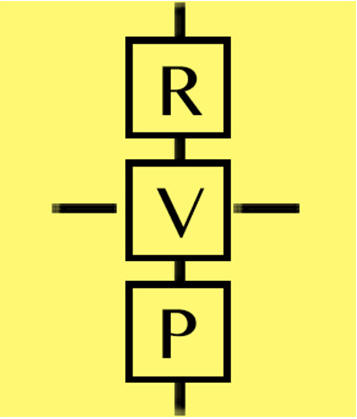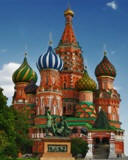|
AN INVITATION
THE ANNUAL SEMINAR
The
Place of the Person in
Social Life
September 5 -
November 10, 1988
Washington, D.C.
In retrospect,
from the end of World War II there appears to have
arisen a progressive and pervasive affirmation of the
person in society. In third world areas this has often
meant an affirmation of the independence of peoples from
colonial status, In first world countries it has been a
call for civil or minority rights and more generally for
participation in decision-making whether in school,
church or industry. More recently, in the second world
this has emerged as a broad call for social
reconstruction and openness.
Throughout there
emerges a common, if bewildering, campaign of humanizing
structures which, perhaps because too clearly conceived,
has become at best insensitive and at times deadening to
the persons they were intended to serve. The fact that
the need is now universally recognized opens new
possibilities for cooperation between `worlds' which
must include a number of dimensions.
First it will be
necessary to reach back into the heritage cultures for
their understanding of the relation between human
dignity and social cohesion.
Second, it will
be necessary to work out its implications in each of the
major dimensions of modern life to ask for instance,
1. Which central
factors define social mediation: economics, political
structures, language, religious beliefs, all or some of
the above?
2. Can we work
toward integration of theories that help us to define
problems and suggest solutions to major issues? For
example, in developmental psychology, can there be a
coherent integration between the work of Vygotsky and
Piaget?
3. In
transforming society what are the roles of groups of
persons based on common interests?
4. How are social
structures mediated in their constituting actions upon
individuals; and in which ways do individuals act
creatively upon society to form themselves and, in the
process to transform society?
5. How can we
incorporate personal autonomy and social responsibility
in the same theory; can two different approaches
stemming from the Enlightenment, the one individualistic
and the other socialistic, enter into critical dialogue
to get us beyond polarization?
Third, it will be
necessary to ask if from reflection upon all of these
issues what new possibilities they suggest for
fundamental progress in understanding the reconstruction
of the social order.
|







